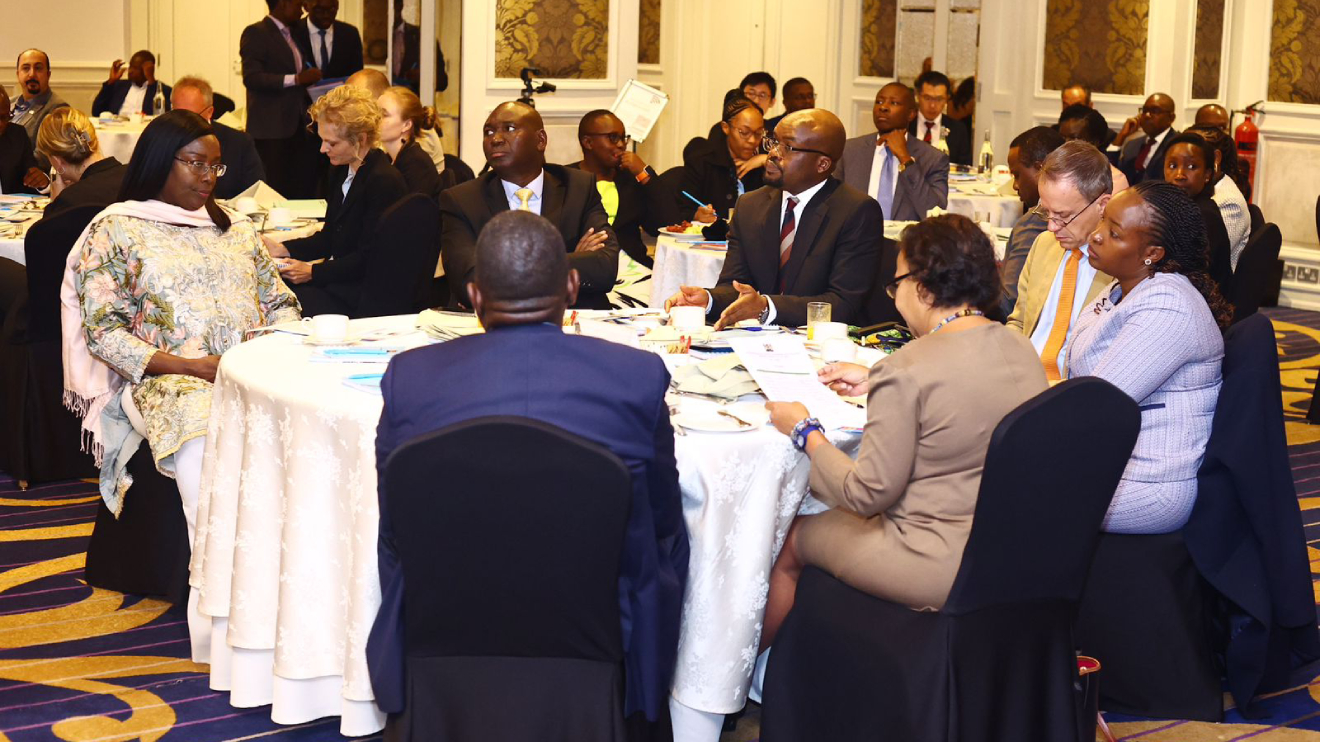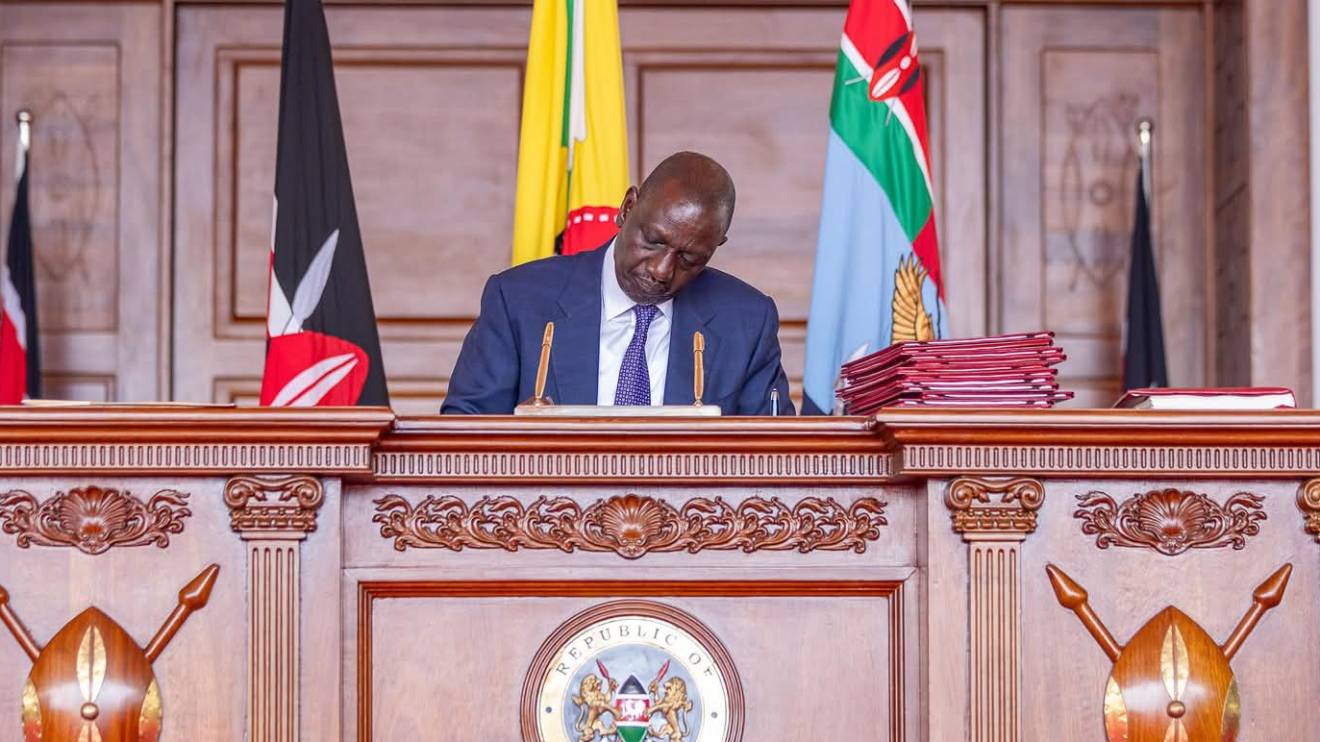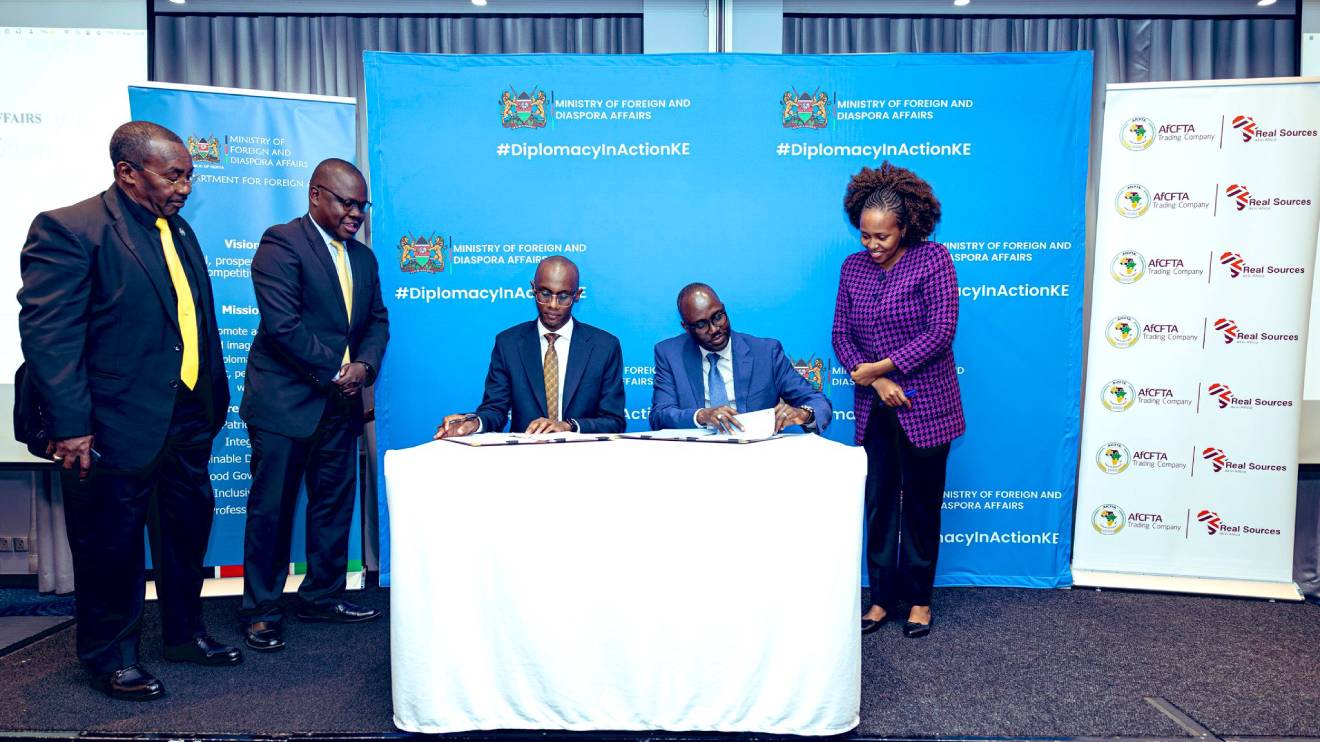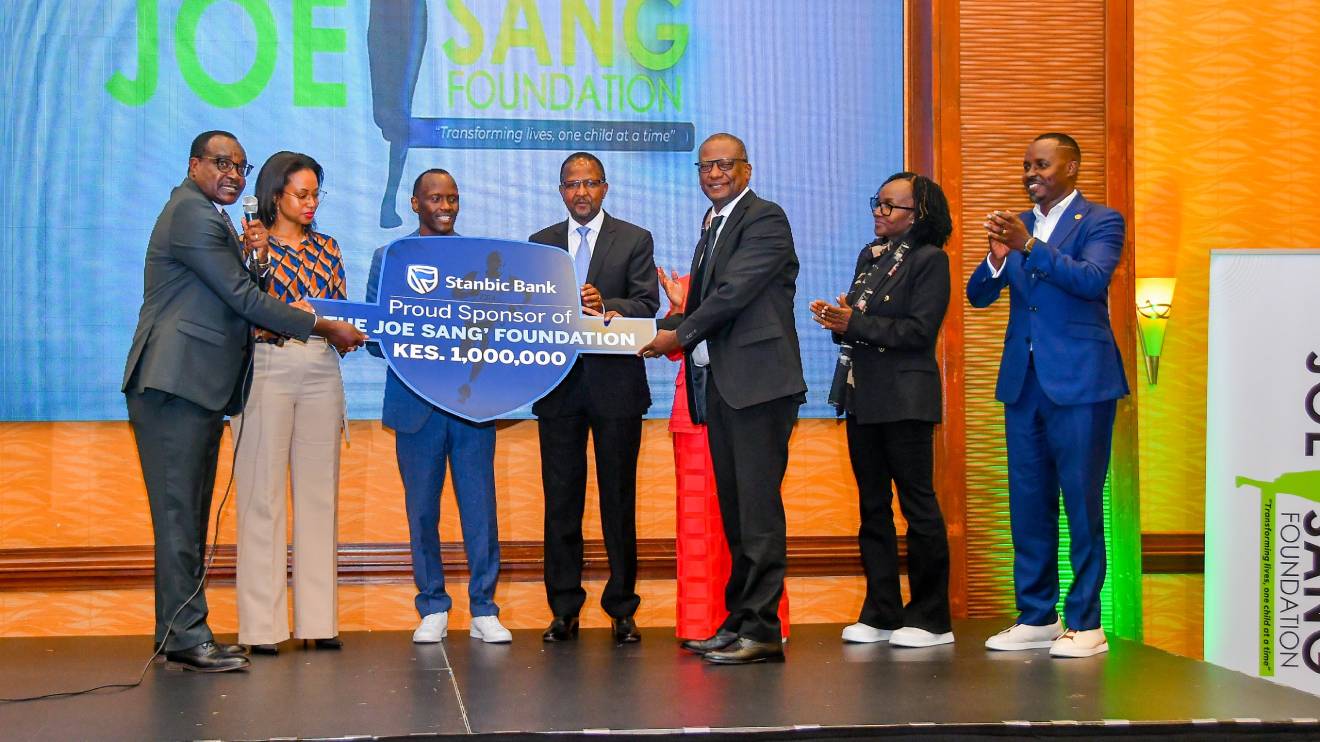Kenya has launched a technical team to design a comprehensive strategy for the repatriation and integration of refugees in a bid to solve the country's longstanding refugee situation.
The Intergovernmental Steering Committee on Kenya's Marshal Plan for Refugees will draft viable proposals to reduce over-reliance on humanitarian aid and support displaced persons.
The plan will take a development-oriented approach to harness the refugees' social-economic potential to empower them and promote their self-reliance.
During the launch of the Committee in Nairobi, Immigration Principal Secretary Julius Bitok said the framework aims to enhance access to effective registration, documentation, basic services such as education, healthcare, water, sanitation and hygiene, energy, jobs, and livelihoods.
Read More
“It aims at enhancing access to effective registration, documentation, basic services such as education, healthcare, water, sanitation and hygiene (WASH), energy, jobs and livelihoods,” Bitok said.

The plan will also guide the conversion of refugee camps to integrated settlements and expand their access to support for safe and dignified repatriation, as envisioned in the Global Compact on Refugees.
With growing concerns over increasing tension and conflict due to competition for limited resources and dwindling resettlement space, Bitok underscored the need to ease the pressure on host communities through local sustainable solutions that will enhance and promote resilience.
He added that at the heart of the Marshal Plan is the host community and they will work to ensure that host community members are the direct beneficiaries of all development programs in refugee hosting areas.
"At the heart of the Marshal Plan is the host community. We will work to ensure the host community members are the direct beneficiaries of all development programmes in refugee hosting areas. It is important that there is equity in terms of assistance provided to promote peaceful co-existence," Bitok added.
Currently, Kenya hosts close to 800,000 refugees and asylum seekers, with over 577,000 registered and over 200,000 profiled in Dadaab and Kakuma.
The situation poses a significant financial burden and serious security challenges.
The refugee crisis has presented significant security challenges for Kenya, with intelligence reports showing instances during which this population has been used as a cover for criminal and terrorist activities.
The situation has also brought to light an increase in smuggling and human trafficking, which further exacerbates the security situation in affected areas.
The PS for Internal Security and National Administration Raymond Omollo said the government of Kenya has undertaken to address the situation through the Refugees Act, No. 10 of 2021, which is being formulated into subsequent regulations.

Omollo stated that the integrated approach under the Marshal Plan will help deal with acts of terrorism and radicalization, as it will empower even the host communities to identify potential troublemakers.
“There are subsequent regulations being formulated that will go with the Act in terms of how to manage refugees, but the integrated approach under the Marshal Plan will help us deal with acts of terrorism and radicalization because we will be able to empower even the host communities so that they can identify potential troublemakers,” Omollo said.
Omollo further acknowledged the fact that the gazettement of additional refugee camps in Dadaab and Fafi at the end of last year has brought about an improvement in the identification and processing of refugees.
He further noted that despite facing capacity constraints, law enforcement and other security agencies in Kenya have increased their border surveillance measures to prevent illegal crossings and have also enhanced the screening process for asylum seekers and refugees to mitigate security risks.
The government is progressively investing in more security installations around the camps and community policing interventions to guard against infiltration by criminals and other malicious actors.
The Marshal Plan for Refugees will provide a comprehensive solution to Kenya's longstanding refugee situation.
The plan's development-oriented approach will empower refugees and host communities to work together towards a sustainable future.




-1756319289.jpg)






